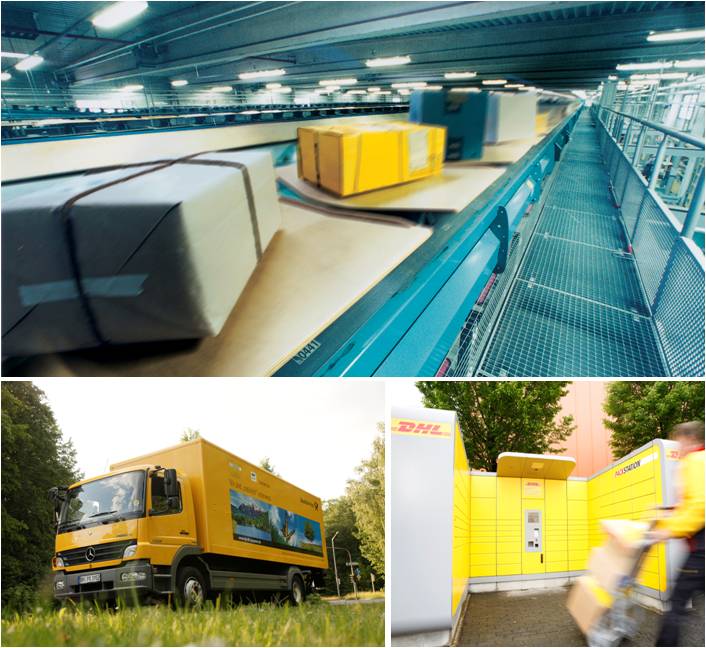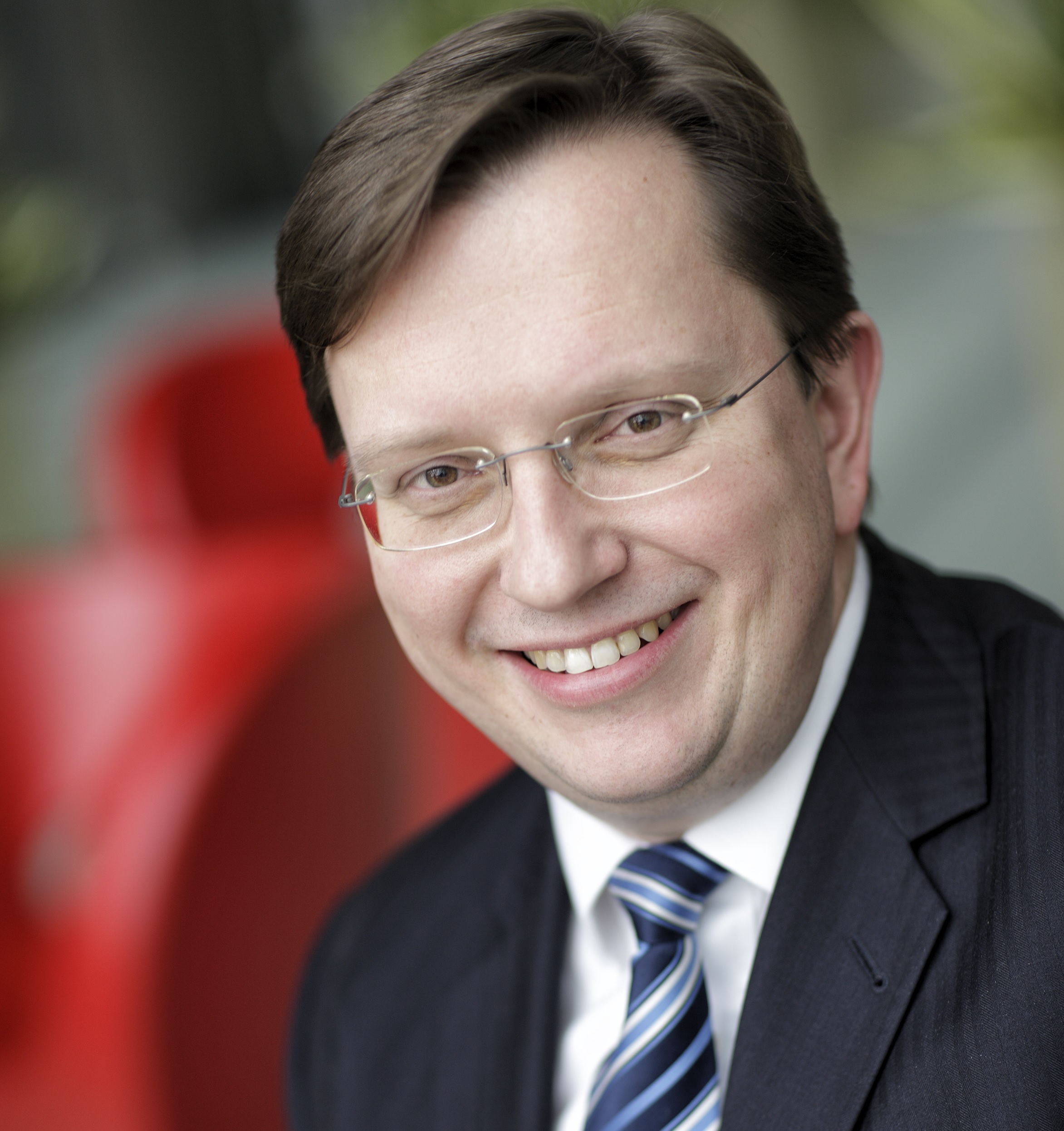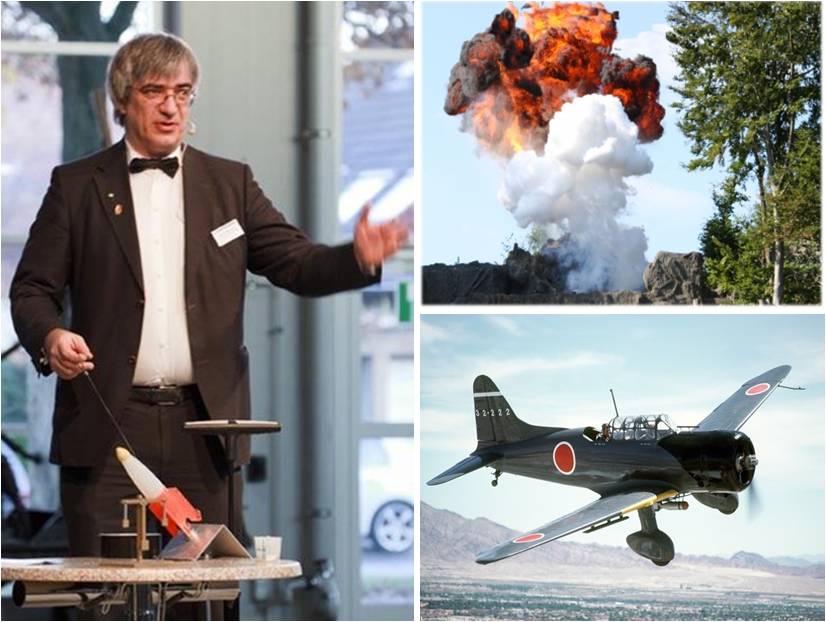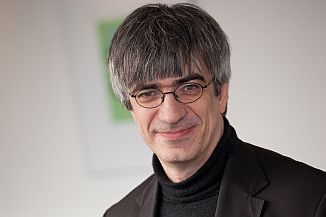Keynotes
Keynote 1: Prof. Dr. W. David KELTON, University of Cincinnati
|
Thursday
24.09.2015 09:15–10:00 simultanous |
Irregular Simulation: Input Modeling and Applications
Prof. Dr. W. David Kelton University of Cincinnati, USA Everybody knows about the regular, standard ways of modeling simulation input random variables/vectors/processes, and the standard kinds of applications. This talk calls attention to the need to model and generate inputs in ways that are not the regular standard defaults in simulation-modeling software, yet can be critical to model validity (a.k.a. getting right rather than wrong answers). There are both dangers involved with doing this inappropriately, as well as opportunities to do things better, making for more accurate and more precise results from simulations. Specific issues include possible dependence across and within random inputs, use of empirical distributions even if a "standard" distribution fits field-collected input data, and non-default deployment of the underlying random-number generator. Suggestions for novel ways of implementing some of these ideas in simulation-modeling software are offered. Some nonstandard applications will also be discussed. |
Quelle: © David Kelton |
|
|
|
|||
|
W. David Kelton
is a Professor in the Department of Operations, Business Analytics, and Information Systems at the University
of Cincinnati. He received a BA in mathematics from the University of Wisconsin-Madison, an MS in mathematics from Ohio
University, and MS and PhD degrees in industrial engineering from Wisconsin. He was formerly on the faculty at Penn State,
the University of Minnesota, The University of Michigan, and Kent State. Visiting posts have included the Naval Postgraduate
School, the University of Wisconsin-Madison, the Institute for Advanced Studies in Vienna, and the Warsaw School of Economics.
His research interests and publications are in the probabilistic and statistical aspects of simulation, applications of simulation,
statistical quality control, and stochastic models. He has also co-authored three textbooks on simulation, and his publications have
been cited over 18,500 times (per Google Scholar). He served as editor-in-Chief of the INFORMS Journal on Computing for seven years,
as well as on the editorial boards of several other journals, and as Program Chair and General Chair of the Winter Simulation Conference.
He is a Fellow of both INFORMS and IIE.
Plenary Speech: Presentation slides Presentation support files (ZIP) |
Quelle: © David Kelton |
Keynote 2: Andreas MARSCHNER, Deutsche Post DHL
|
Friday
25.09.2015 09:00–09:45 simultanous |
Redesigning a parcel network for growth
Andreas Marschner Deutsche Post DHL Booming e-commerce activities and evolving consumer behavior induce new business models which require innovative shipping solutions. Thus, parcel delivery has established as a business with exceptionally constant and high growth rates in the logistics market. In 2011 the market leader in Germany Deutsche Post DHL started an investment program to redesign and expand its parcel network. Growing shipment volumes, demanding customer requirements as well as implementation of new solutions during running operations are the major challenges of this task. The presentation will illustrate how Deutsche Post DHL is addressing these challenges by mathematical modelling to optimize the transport network and simulation methods to support the redesign of parcel sorting centers and implementation of new operational processes. |

Sources: © Deutsche Post AG |
||
|
|
||||
| Andreas Marschner studied in Berlin, Paris, Bologna as well as in the US. After starting his career at the International Finance Corporation (World Bank) and working at McKinsey & Company for several years, he joined Deutsche Post DHL in 2006 as Director Operations Performance and Planning in the Express Division. At present he is managing parcel operations and the program for redesigning the parcel network of Deutsche Post AG in Germany as Senior Vice President and Member of the Divisional Board DHL Paket. |

Source: © Deutsche Post AG |
|||
Speech of the Day: Prof. Dr. Metin TOLAN, TU Dortmund University
|
Thursday
24.09.2015 17:45–18:30 simultanous |
Shaken not Stirred!
James Bond in the Focus of Physics! Prof. Dr. Metin Tolan Professor for Experimental Physics at the TU Dortmund University Everyone knows James Bond and his many dangerous adventures he has to survive. But how can he catch a plane in the free fall as shown at the beginning of the movie “Goldeneye”? How likely is it that the magnetic watch from the movie "Live and Let Die" really works? These and similar questions in the life of top agents are answered in the lecture from a physical standpoint and garnished with film sequences. At the end of the lecture, the question is discussed why James Bond's Vodka Martini has to be always shaken and is not allowed to be stirred. |
 Sources: © TU Dortmund (left), © Carsten Grunwald / PIXELIO (top-right); © pixabay.com (bottom-right) |
|
|
|
|||
| The physicist Prof. Dr. Metin Tolan was born in Oldenburg in 1965. Between 1984 and 1989 he studied physics at Christian-Albrechts-Universität in Kiel, where he completed his PhD in 1994 and his Habilitation in 1998. His scientific career included several research stays in the United States. In 2001, Tolan was appointed to the Chair for Experimental Physics I at TU Dortmund University. In the same year he also became head of the Institute for Accelerator Physics and Synchrotron Radiation. In this function, Tolan substantially contributed to DELTA, globally the only university-based synchrotron radiation source, which has become a highly frequented and sought-after research facility. Since 2003 Tolan has been a member of the North Rhine-Westphalian Academy of Science. From 2004 to 2008, he was TU Dortmund University's dean of the Faculty of Physics. He holds positions in several scientific advisory councils. Since 2008 Tolan is also prorector of the TU Dortmund, initially for research, since 2011 for teaching. |
 Source: © TU Dortmund |
- Home
- -
- Papers
- -
- Program
- -
- Photogallery
- -
- Sponsors
- -
- Exhibition
- -
- Venue
- -
- Past Conferences
- -
- Contact


